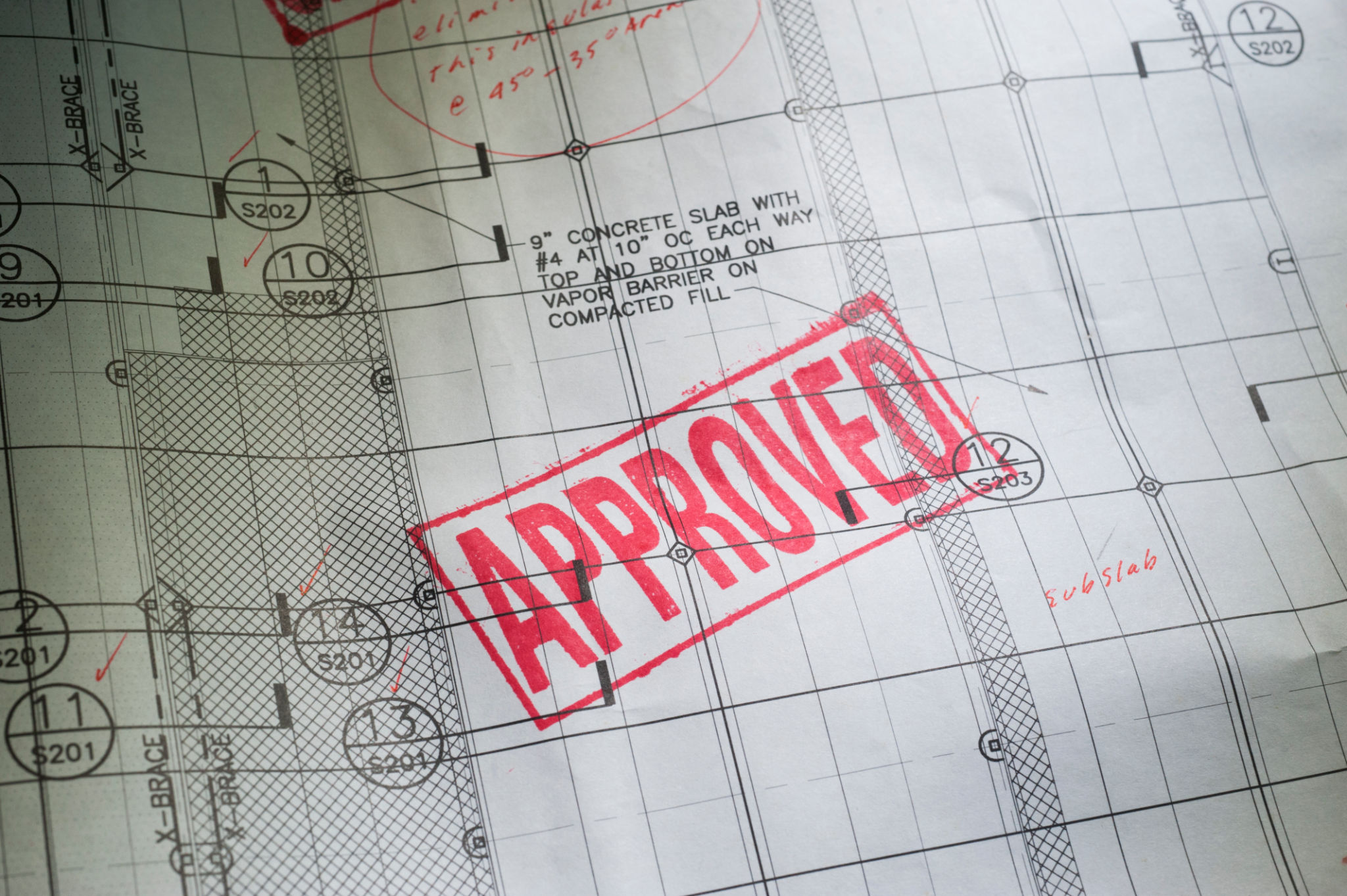Understanding Hawaii's Regulations for Septic System Installation
Introduction to Hawaii's Septic System Regulations
Installing a septic system in Hawaii involves navigating a specific set of regulations designed to protect the islands' unique environment. Understanding these rules is crucial for homeowners and contractors alike. This guide will help you grasp the essential requirements and processes involved in septic system installation in Hawaii.

The Importance of Proper Septic Systems
Septic systems play a vital role in managing wastewater for properties not connected to municipal sewer systems. In Hawaii, where the natural ecosystem is both fragile and essential to the local way of life, ensuring these systems are installed correctly is of utmost importance. A well-functioning septic system prevents groundwater contamination and protects nearby water bodies.
Environmental Considerations
The lush landscapes and diverse marine life of Hawaii are sensitive to pollution. As such, septic system regulations are in place to minimize the impact of wastewater on the environment. This includes guidelines on the location, design, and maintenance of these systems. Proper installation helps preserve the island's natural beauty and resources.

Key Regulatory Requirements
Before installing a septic system, it's crucial to understand the primary regulatory requirements. These regulations are enforced by the Hawaii Department of Health (DOH) and other local agencies. Below is an overview of some key considerations:
- Permitting: A permit is mandatory for all new installations or modifications to existing systems.
- Site Evaluation: A site evaluation by a certified professional is required to determine soil suitability and system design.
- System Design: The design must comply with state standards, including appropriate sizing for property use.
The Permitting Process
The permitting process ensures that all aspects of the septic system meet Hawaii's stringent environmental standards. Homeowners must submit detailed plans and specifications to the DOH or county health department. This process can be complex, requiring professional assistance from licensed engineers or contractors experienced in local regulations.

Installation and Inspection
Once the permit is approved, the installation can proceed under the supervision of qualified personnel. An inspection is mandatory both during and after installation to verify compliance with approved plans and regulatory standards. Inspectors check for proper construction techniques and material usage to ensure long-term system functionality.
Maintenance Requirements
Regular maintenance is essential for the longevity and efficiency of septic systems. Homeowners are responsible for periodic inspections and pumping schedules as recommended by local health authorities. This proactive maintenance helps avoid costly repairs and potential environmental hazards.

Conclusion
Understanding and adhering to Hawaii's regulations for septic system installation is crucial for protecting the islands' environment while ensuring efficient waste management. By following these guidelines, homeowners can contribute to preserving Hawaii's natural beauty while maintaining a safe and healthy living space.